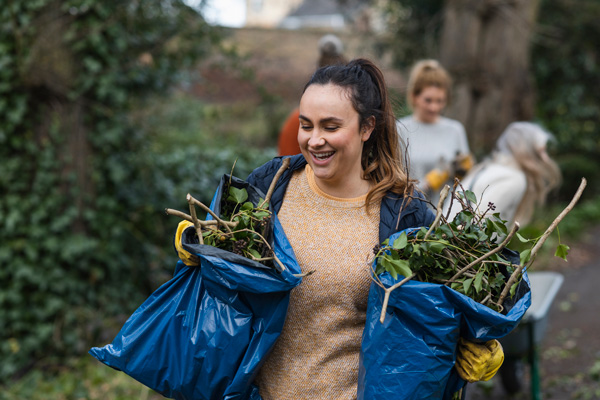In Norwegian culture, there are several unwritten social laws that guide the way people conduct themselves and act towards each other. To paint a few examples: one should always greet strangers with “hei” when hiking and one should never show up to someone’s house unannounced.
There is another unique social norm in Norway that gets its own name and is practiced by many. It is known as “dugnad.” This term does not translate to any English word but can be summarized as a “volunteer day.” It actually comes from the Old Norse word “dugnaðr,” which means “to be useful.” Norwegians who live in the same area, are part of the same church, or participate in the same sports group, will participate in a voluntary contribution to the community, usually in the form of manual labor.
The funny thing is though, it’s not really that voluntary. It’s an unspoken rule that you must attend if you get invited, for fear of being socially “shunned” by your community if you do not. It’s not necessarily something that people actively want to partake in, but they do so anyway for the benefit of their community and environment. Some examples of dugnad include reorganizing office space at work, participating in a school bake sale, or painting a neighborhood building.
Although dugnad is not always looked forward to, it is the perfect place for socialization to occur. It provides participants with a more comfortable setting to converse with those they may not normally go out of their way to meet. According to thesocialguidebook.no, “It can be seen as a way to flatten social classes both at work and in society.”
So, the next time you’re asked to volunteer, live like a Norwegian and “do the dugnad.” You may gain far more than you give.

